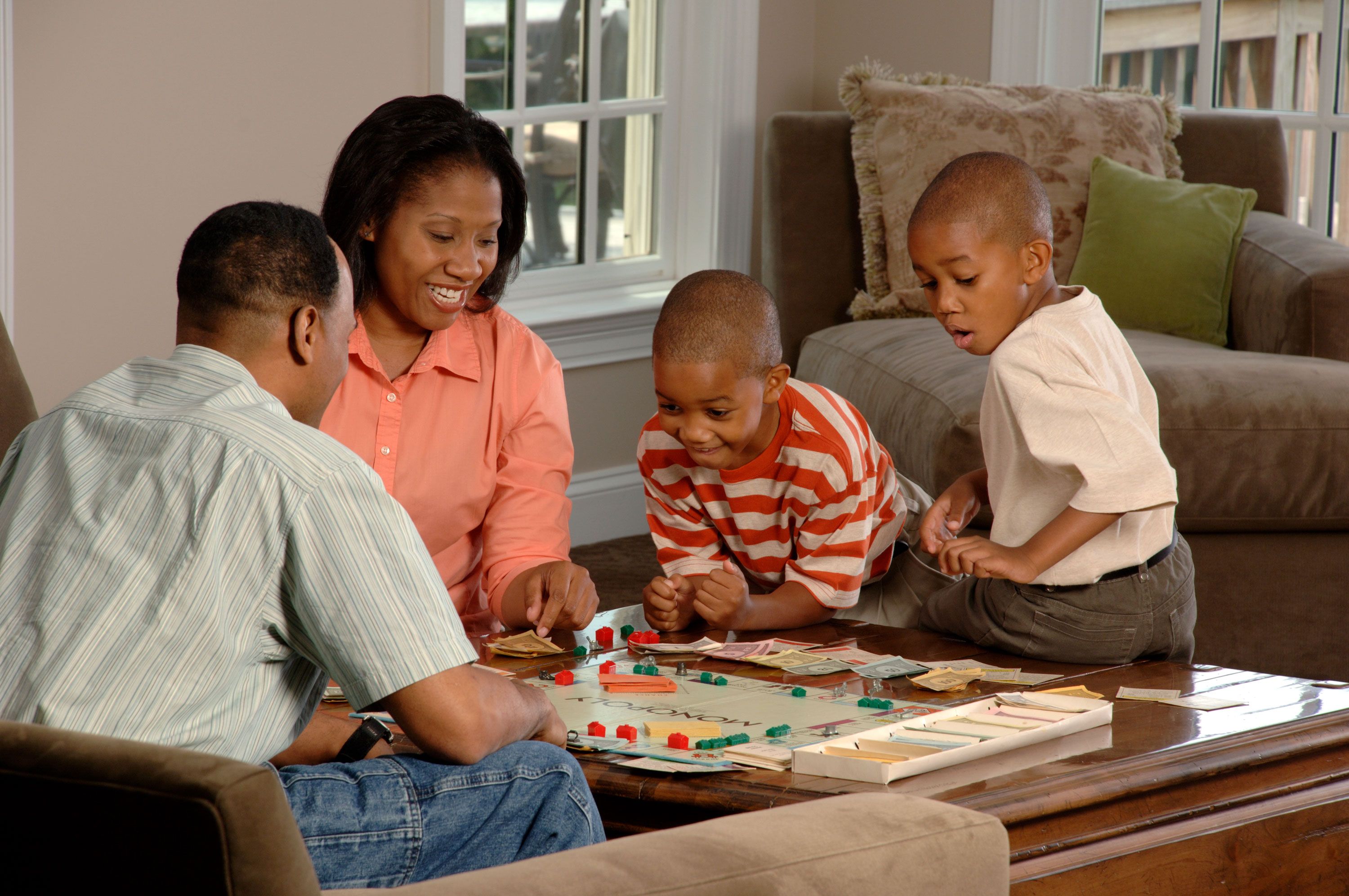
As a concept, money isn’t going anywhere. As a physical object, pressed cotton and ink, it is increasingly rare. Stacks of dead presidents have been buried beneath a pile of PayPal and Venmo knockoffs, each with a specific function and a confounding interface. The place parents are most likely to find coinage is now their children’s mouths. And none of that is bad per se (as long as the kid doesn’t swallow and choke), but it does complicate the problem of teaching children about money by rendering the concept of currency even more abstract. Teaching a kid about value is about making digits seem real. It’s a tough trick, but there are specific old-school strategies that stand the test of time.
“Even though it’s completely fictitious, the exact same psychology that exists in the real world exists in a competitive environment like Monopoly,” explains Dr. Jeremy S. Office, founder of Maclendon Wealth Management. “Feeling money come through your fingers creates a sense of loss. It creates that sense of hey, I should be a little bit more responsible with my purchases or acquisitions.”
As a resident of Southern Florida, Office has spent a lot of time playing Monopoly during hurricane blackouts. He speaks from personal experience when he says it drives home feelings of scarcity and loss as well as gain and restraint. He credits the success of dice-roll economics for teaching kids about the real deal to the transactional component of exchanges in the game. These are increasingly rare in real life. It’s important, he thinks, for kids to learn to count money and hand it over. The fake cash remains a symbol, but the value starts to feel real.
And that’s not a bad reminder for parents, who can also lose track of the value of money.
“Vegas has known for a hundred years that when real currency isn’t involved we have a propensity to spend way more than we have,” says Office. “That’s being evidenced in the numbers of escalating personal debt across the board.”
The trick of Monopoly then, is that it helps kids understand the flow and management of money through low-stakes, high-emotion simulation. The bonus is that it does so seating that emotion in a symbolic currency. If a kid can understand money management with brightly colored game currency, then it’s likely they can transpose that understanding to digital money. Interestingly, the Monopoly game has made this even easier with a recent edition that uses debit cards and a card reader. Yes, even Monopoly is doing away with paper money.

More than that, Monopoly teaches negotiation and forecasting. It also teaches that there’s a bit of luck required in making it all work. But what Monopoly misses is an understanding of working for a monetary reward. After all, in real life, the banker never just doles out neatly stacked bills. Office fills that gap by giving his kids chores, through which they can earn money on each task. But his technique is a clever combination of digital and analog.
His children use an app that essentially acts as a digital piggy bank. As they complete chores they can watch the money grow in their digital account. But Office converts the digital currency into cash and gives the physical money to his children. If they want to purchase something online they have to give the equivalent cash back to him in order for the purchase to be made. In that way, Office acts like a currency exchange and his children are able to see the movement of physical money even with digital purchases.
“It boils down to two things,” Office says. “The most important is embedding in your children early on that there is a work and reward system that has existed since the inception of man. But the second piece is to try and retain a sense of realness in a digital world.”
If that means a weekly game of Monopoly, it’s worth rolling the dice.


